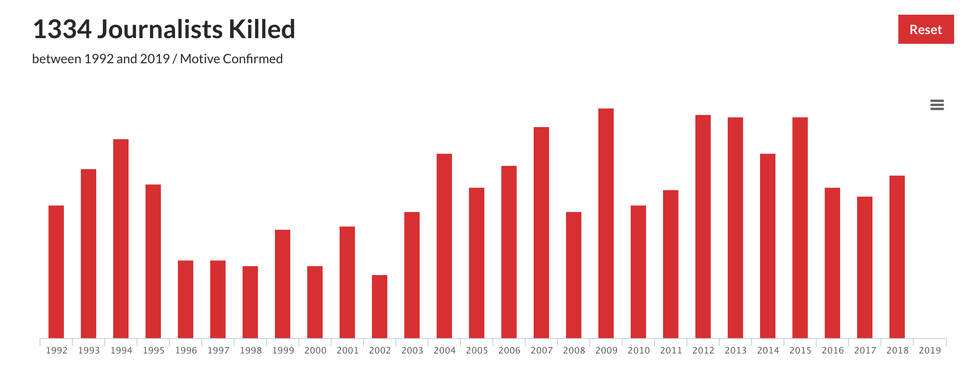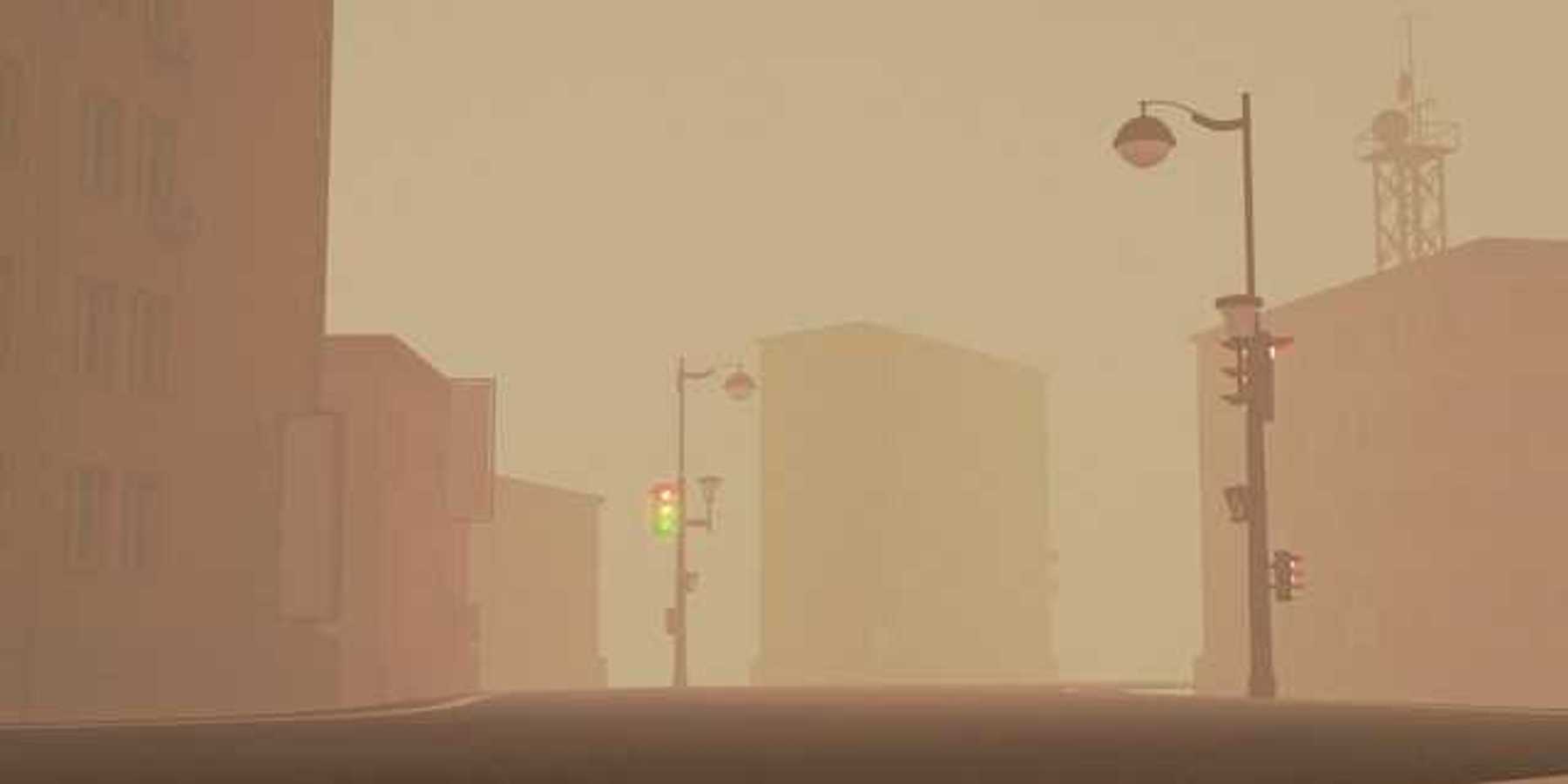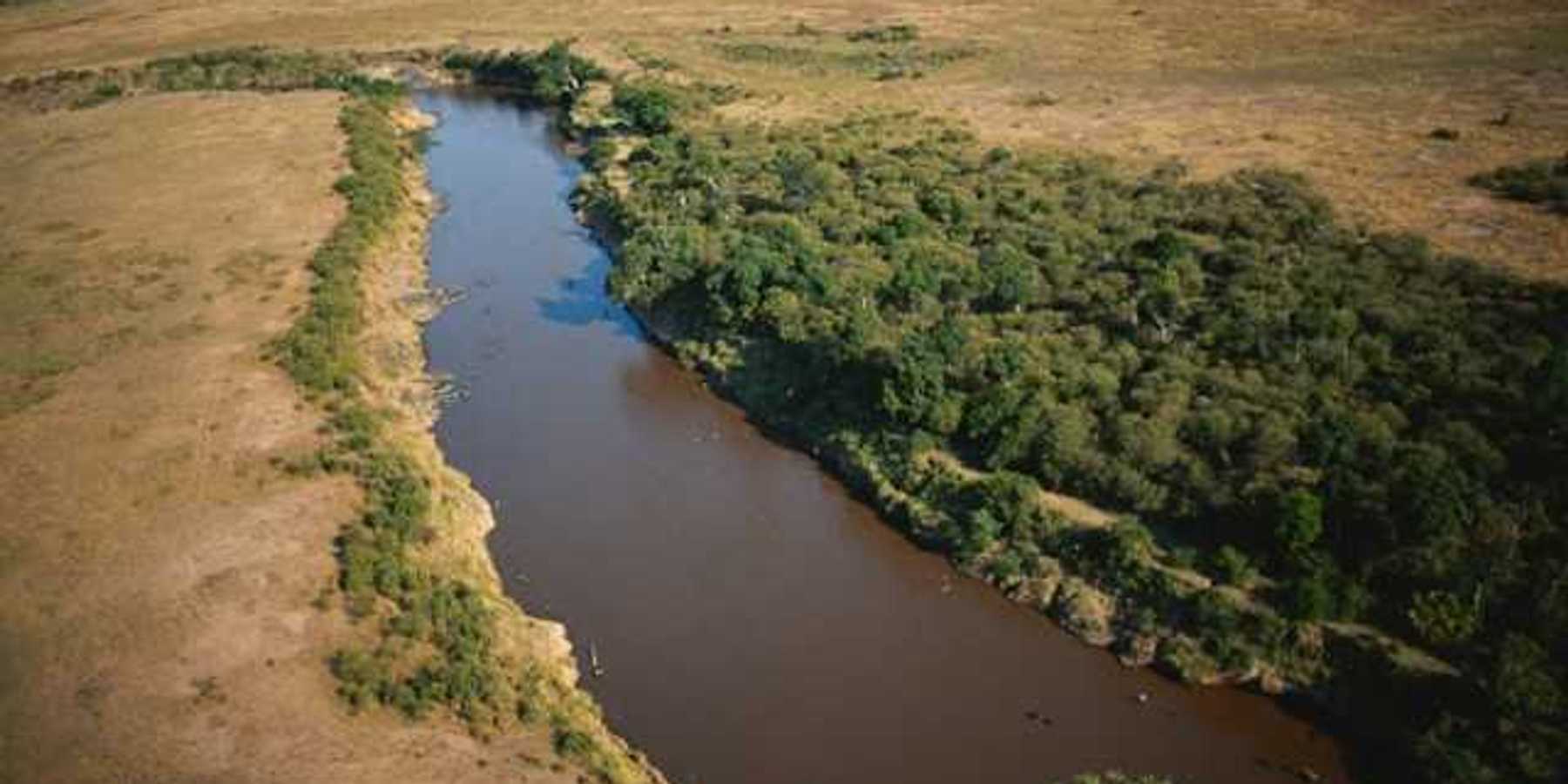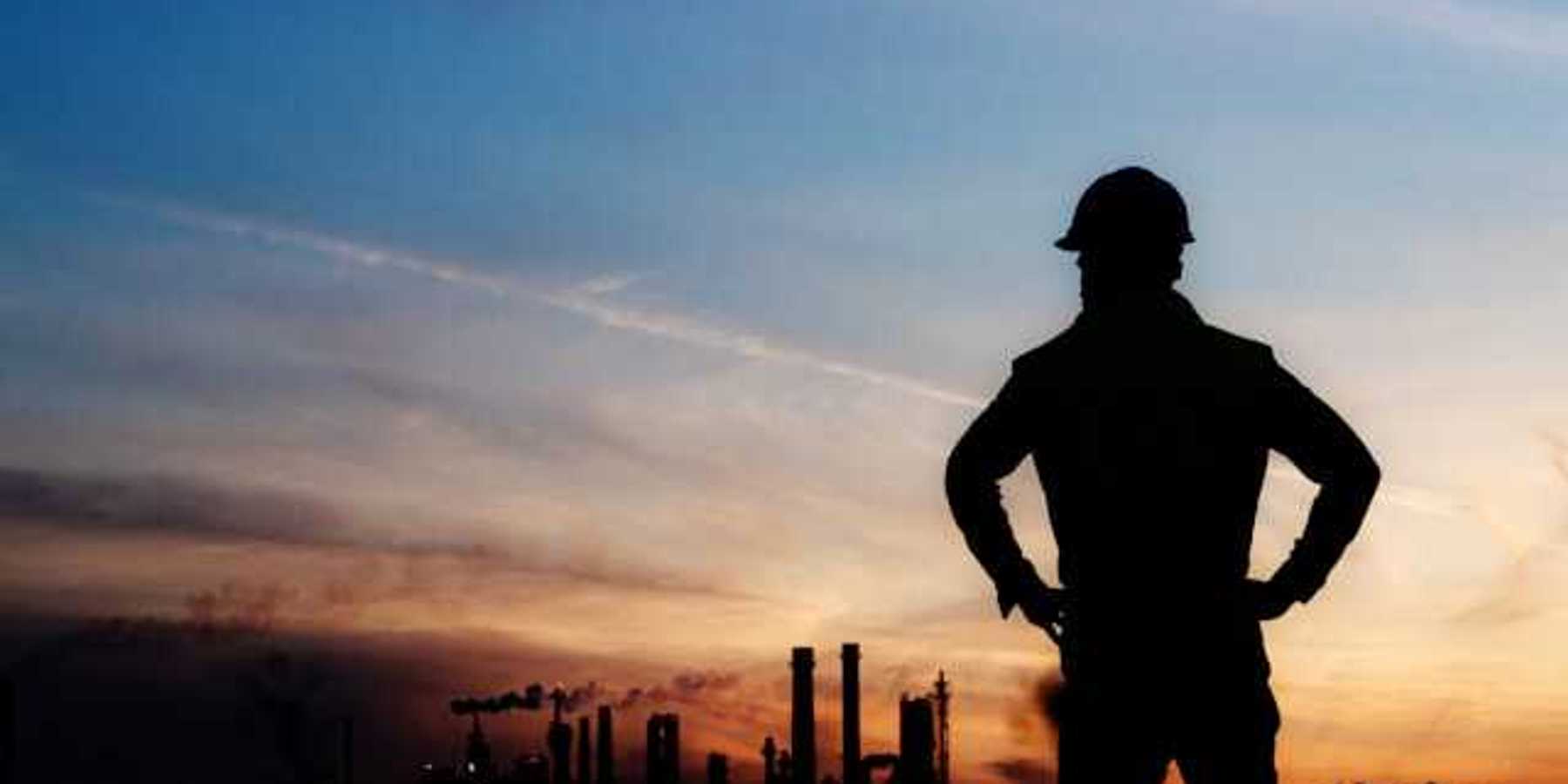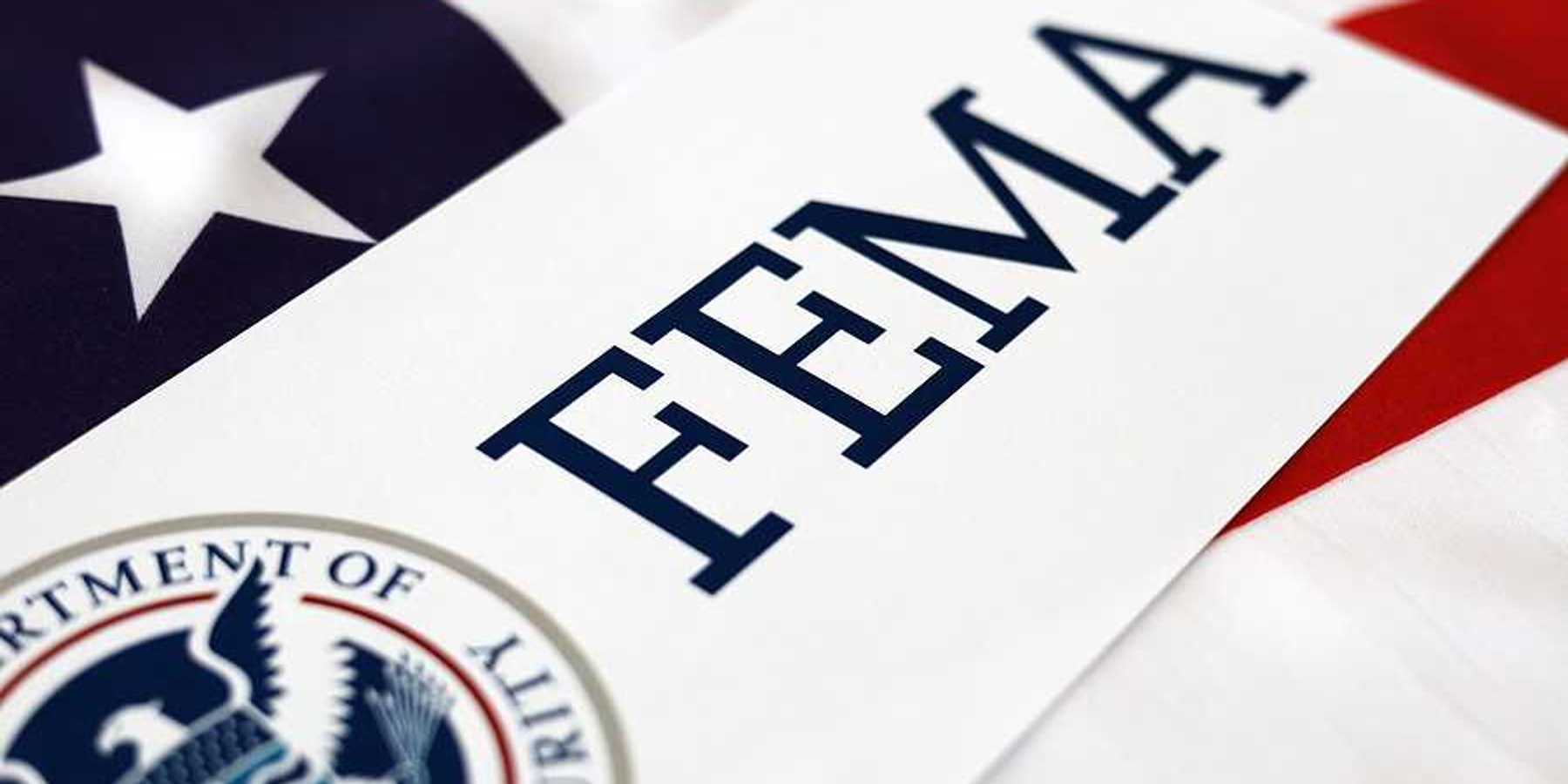
Peter Dykstra: I have breaking news….
Being a journalist in the US is no way to big pay. But elsewhere in the world, it can get you killed.
Sean Hannity speaks to millions daily, including one pliant president, via Fox News and his syndicated radio show. Guesses at his annual income start at about $30 million.
A few years ago, the Bureau of Labor Statistics estimated that fulltime American web and print journalists average just more than $36,000 a year. Broadcast journalists earn a bit higher, and while there's no data, it's safe to say that freelancers average less, and they do so sans benefits.
Which in turn leads us to the possibility that the thousand-plus members of the Society of Environmental Journalists and Sean Hannity pull down about the same amount of scratch.
And since a thousand of us, combined, are Sean's financial equal, it's prompted his jealousy: "My overpaid friends in the media have their chauffeured limousines, they like their fine steakhouses and expensive wine lifestyles," he said during the 2016 campaign.
I laughed so hard at this that my Château Margaux Imperial (2009) shot out of my nose.
Around that same time, Hannity's best-known viewer started calling reporters "enemies of the people" at his campaign rallies. Trump's supporters donned "tree + rope + journalist" t-shirts whose sentiments were unambiguous.
The Trump entourage has followed suit. Interior Secretary Ryan Zinke blamed "dishonest media" for disclosure of the scandals that paved his way to departure.
These may not be the best of times for U.S. journalists: layoffs, censure from the president and a steady stinkeye from his press secretary.
However, away from U.S. shores, the picture is far bleaker, and more violent. A database from the Committee to Protect Journalists tallied 1,334 journalists killed in the line of duty since 1992.
Only 11 of those deaths occurred in the U.S., and the toll only reached double figures due to the June 2018 massacre at Maryland's Capital Gazette.
And I'd venture a guess that the modest $36k salary of an American journalist might be more like a lifetime salary for some in harm's way. The CPJ numbers are not refined enough to specify which of these reporters may have been working with environmentally destructive topics, but illegal mining, logging, drilling and fishing operations are fertile ground for human rights to be abused. Or erased.
There's a lot I could say about heroism among journalists, but it would be about other journalists, since my journalism life has been comparatively easy and risk-free – pundit, opinion whiner, dilettante, Management Weasel. At CNN, I was one of the people who sent reporters and crews out to cover hurricanes. After that, I usually watched them on TV from the comfort of the Home Office.
I find plenty to admire with most U.S. journalists. But the people who risk their lives – and sometimes lose their lives – shining light into dangerous places around the world are in a heroic place of their own.

